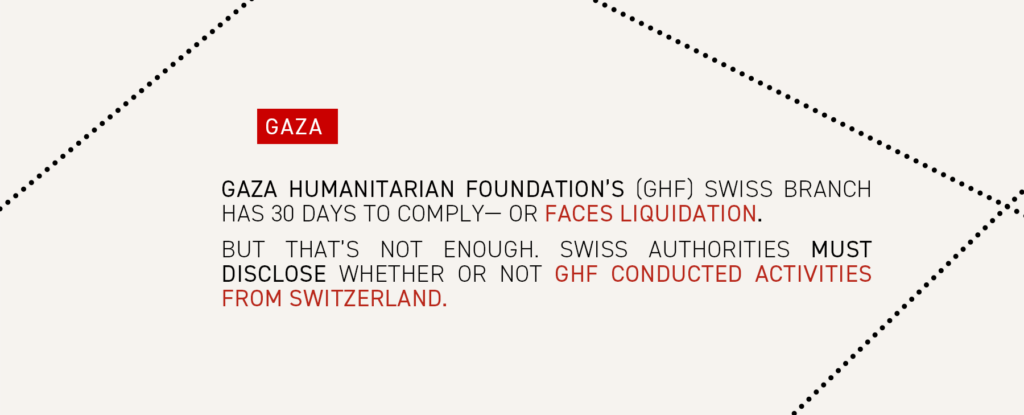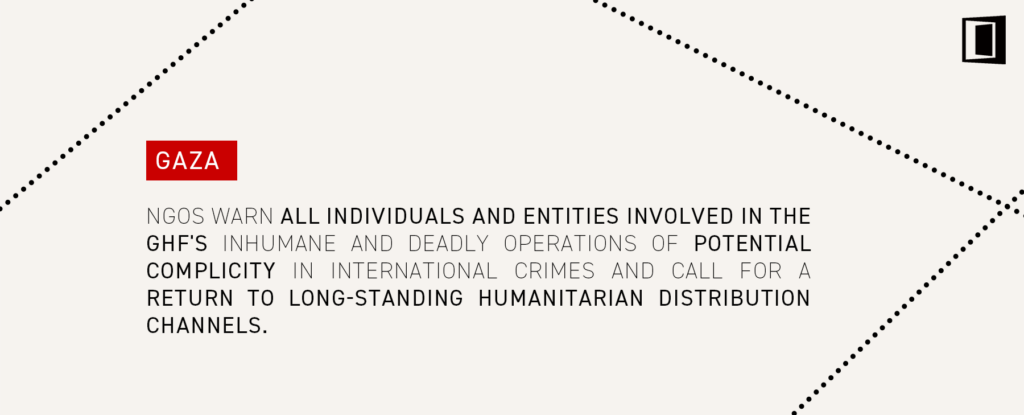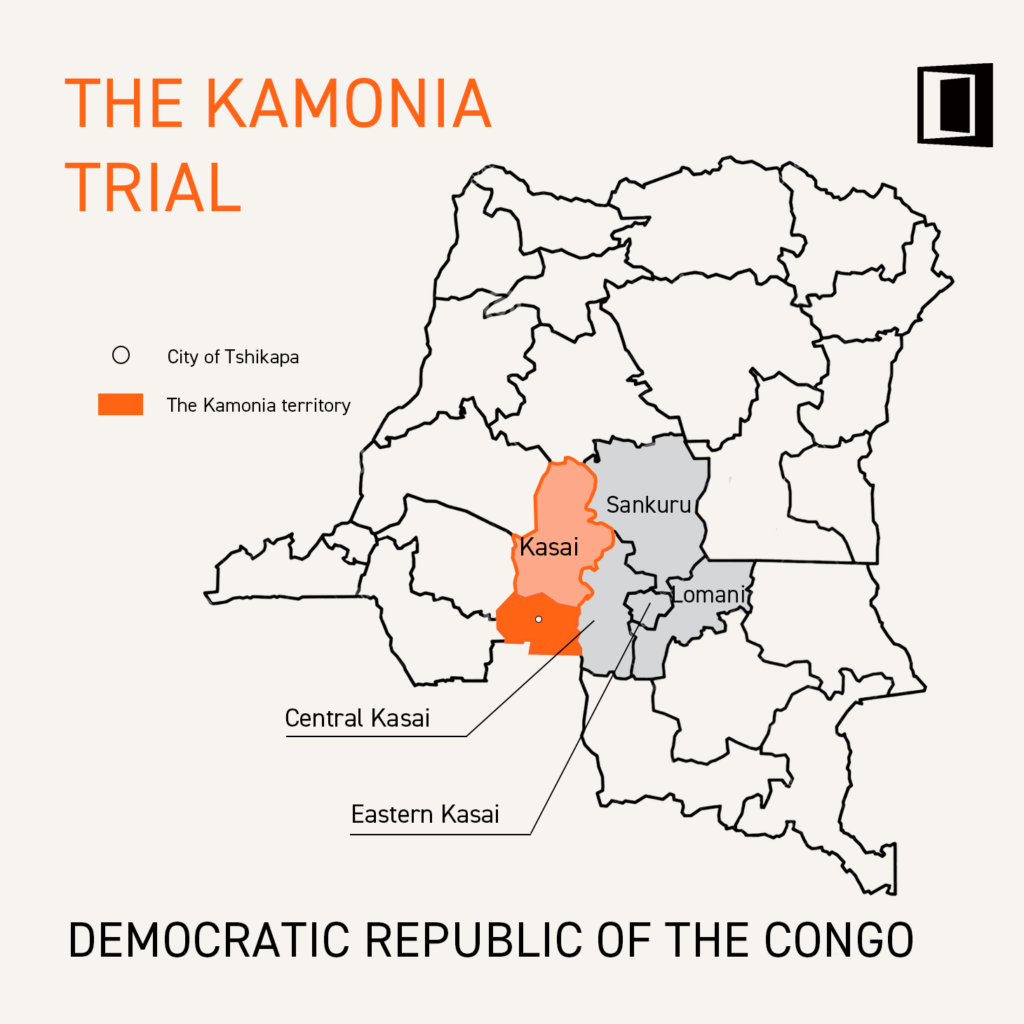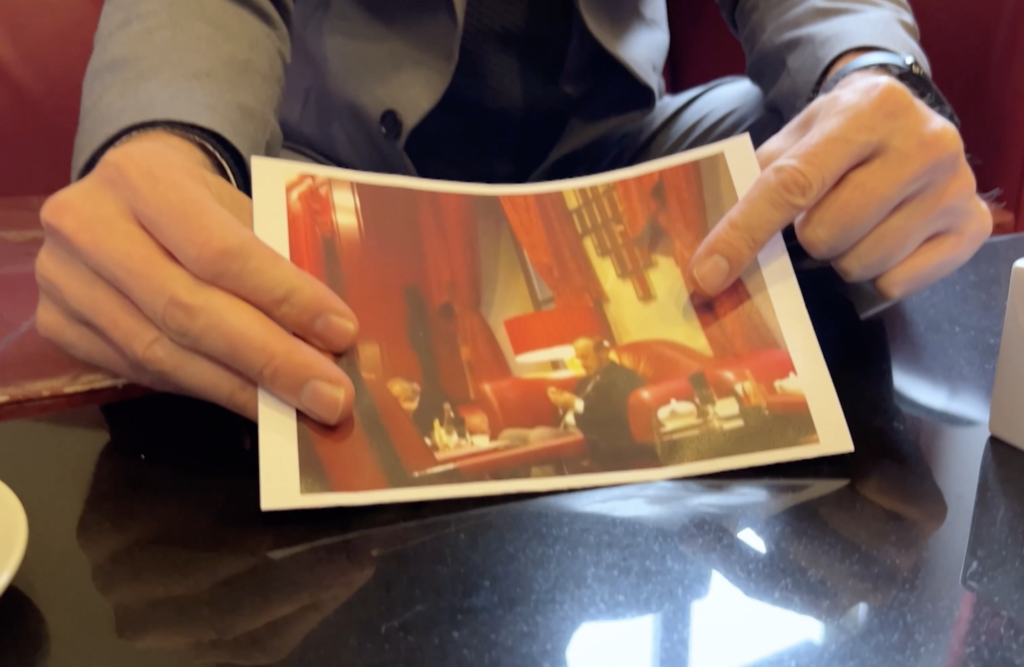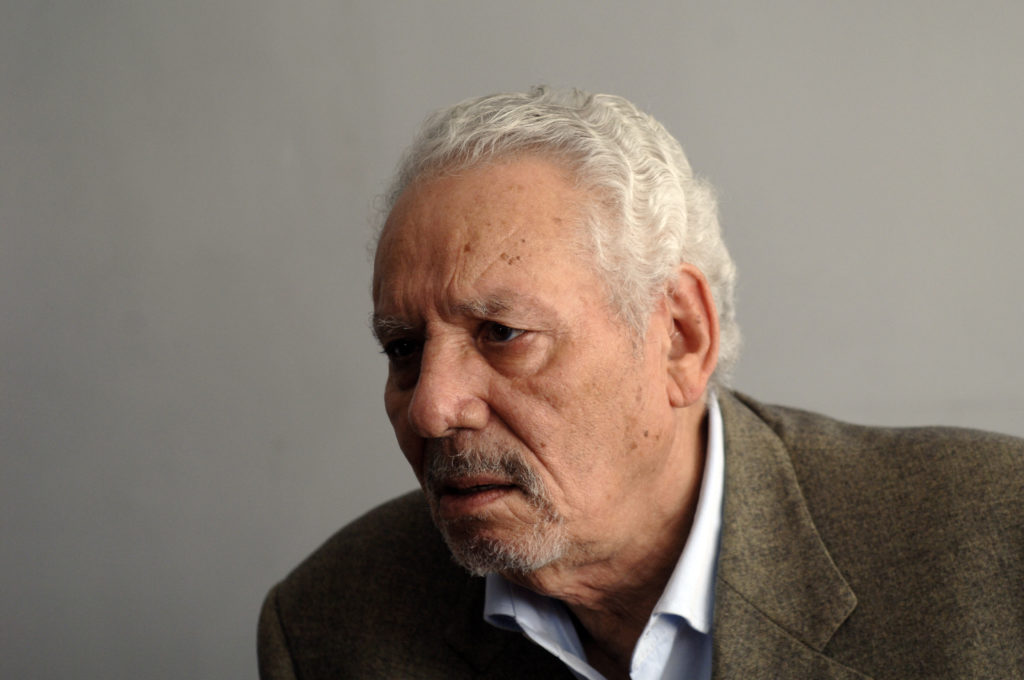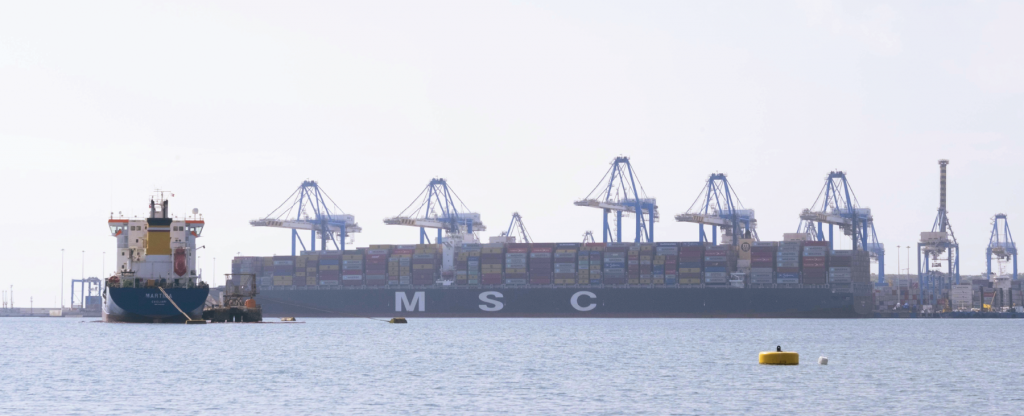BiH: Arts can heal past and present wounds
War scars are difficult to overcome, both at the psychological and societal level. Legal and Communications Officer Adisa Fišić Barukčija examines arts as a seldom-explored avenue for healing.
Risking one’s life for a moment of freedom
It is hard to imagine people risking their lives to attend a movie screening. Yet this is what happened during the siege of Sarajevo, even as the city was shelled on a daily basis.
Despite the omnipresence of violence, cultural life remained vibrant throughout the war in Bosnia & Herzegovina: hundreds of concerts, theatre plays, and other cultural events flourished in improvised venues across Sarajevo. For civilians, these cultural events were a neutral space where they could, for a small amount of time, forget about their terrible situation.
Art therapy: a safe haven of healing
After the war, survivors who underwent trauma participated in creative art therapy. People who suffer from psychological wounds often find it difficult to discuss their experiences orally, even with a professional therapist. Art therapies have proven to be effective because they do not necessarily require people to speak.
They can also help people dealing with repressed memories. Some people do not have any recollection of the disturbing events they suffered. Art therapy can be a way to bring these memories back to the surface to help the healing process.
Culture and art bring people together
Decades after the conflict, this period still inspires artists, no less because divisions are still a reality in today’s Bosnia and Herzegovina. Even children who did not live through the war grow up with destructive narratives that shape their opinion about the past, exacerbating divisions.
When the Sarajevo Film Festival was created at the end of the war, one of its goals was to facilitate dialogue among communities. The organizers initiated a “Dealing with the past” program to give voice to personal stories from all sides. Understanding the suffering of others is essential to fostering empathy among communities and improving their interactions.
Post-conflict countries generally focus on security and social welfare, at the expense of culture. But the arts should not be neglected as they can provide a space for questions, dialogue, and hopefully reconciliation.
Adisa Fišić Barukčija, Legal and communications officer
@AdisaFisic

